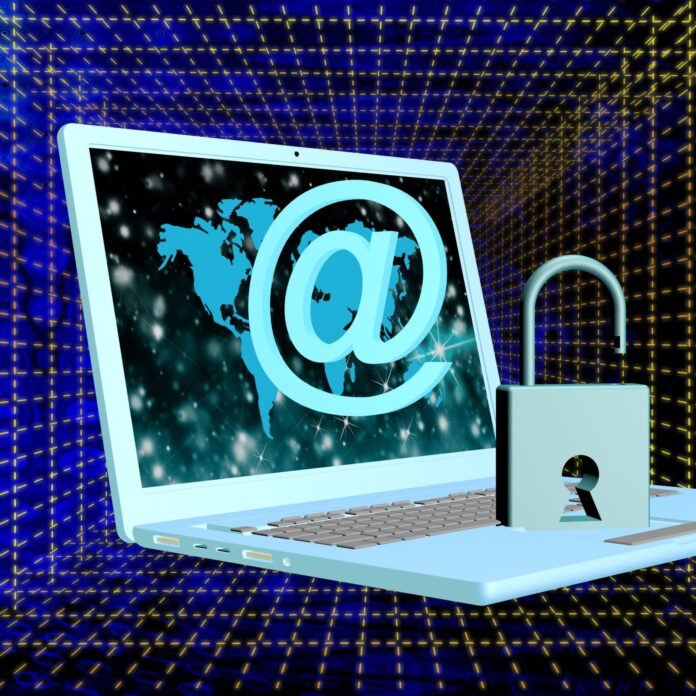WASHINGTON – The Federal Communications Commission’s decision to kill petitions against its open Internet order was met with praise from supporters and silence from groups that challenged the reclassification of the Internet as a public utility.
Pantelis Michalopoulos, who heads the Telecom, Internet and Media Group at law firm Steptoe & Johnson, is a noted advocate of the open Internet order.
He told RCR Wireless News that the FCC decision to deny petitions for a stay of the open Internet order was not unexpected.
“The FCC’s denial of the stay requests is not surprising. The petitioners’ claim that they would suffer irreparable harm from the rules is strange, given that they took their time to seek relief from the claimed injury.”
“They filed their stay motions with the FCC about 50 days after the FCC released the open internet order,” Michaelopoulos continued. “That delay appears to contradict the idea that the petitioners have a pressing need for relief before the rules go effective June 12.”
The FCC Wireless Competition Bureau and Wireless Telecommunications Bureau released a statement explaining its decision to deny the petition: “The record here was replete with evidence that the regulatory regime adopted in the order is both essential to protect consumers and innovators against harms arising from a lack of openness and best serves the public interest.”
The statement continued to note that, “Based on the analysis in the order and the robust underlying record, we conclude that the requested stay is likely to result in harm to consumers and innovators and, for the same reasons, would be counter to the public interest.”
Public Knowledge, an advocacy group based in Washington, D.C., said arguments that protecting user privacy would be too costly are insincere.
Harold Feld, SVP of Public Knowledge, released the following statement: “The argument of the cable and telephone companies hinged on the argument that respecting user privacy and requiring disability access – as required under Title II – would be too great a burden. Looking through the affidavits detailing how cable and telephone broadband providers already snoop through our Internet traffic, we should all be grateful the FCC refused to stay the rules.”
He predicts cable and telephone companies will take the matter to a higher court to argue that the new Title II-based regulations will cause “irreparable harm.”
“We can only hope that the D.C. circuit likewise rejects the argument that protecting subscriber privacy and respecting the open Internet is not too much to ask companies that provide critical broadband services.”
Those petitioning for the Title II rules to be stayed include United States Telecom Association, Cellular Telephone Industries Association, AT&T, Wireless Internet Service Providers Association and CenturyLink, as well as the American Cable Association and the National Cable & Telecommunications Association.

